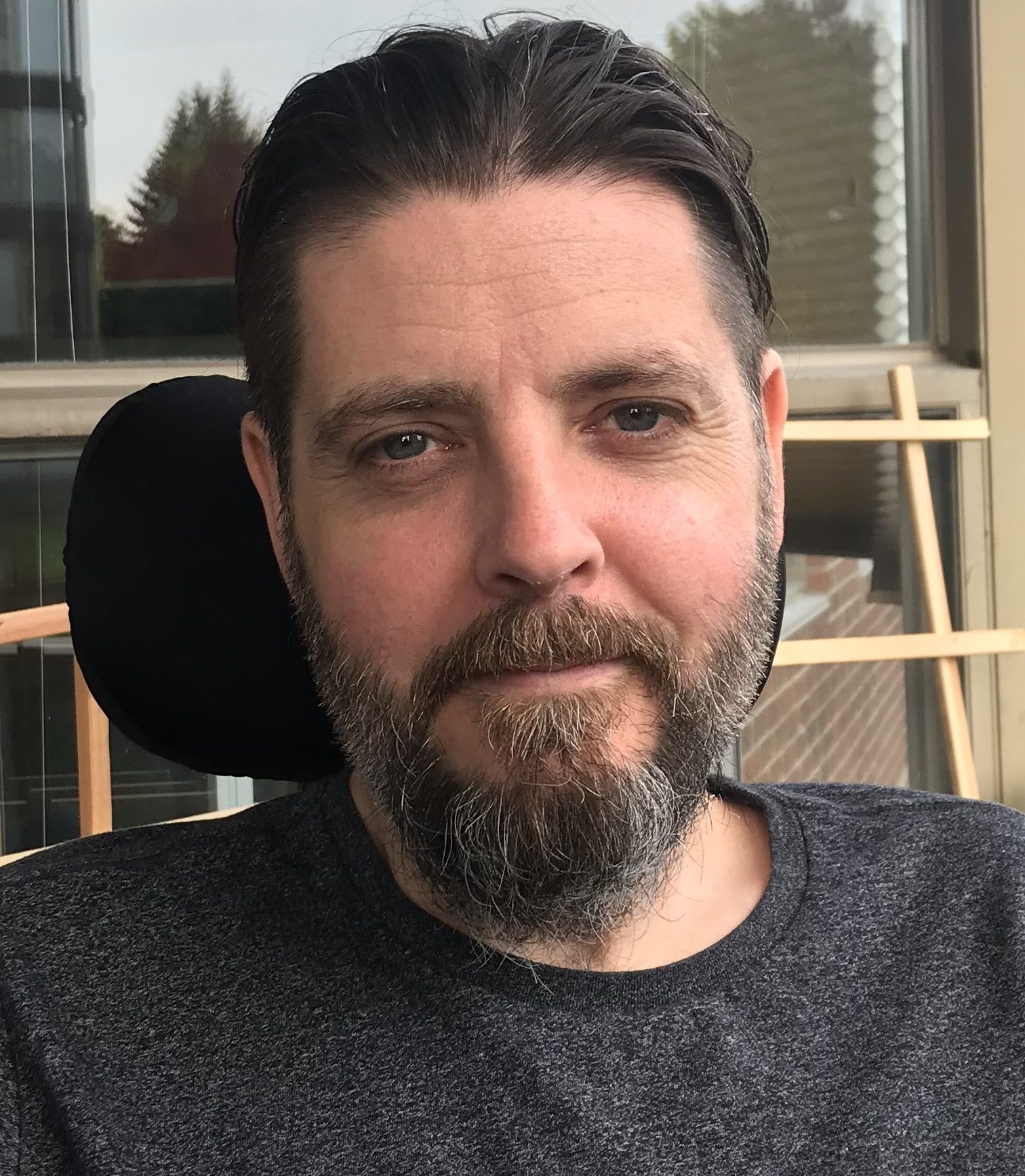dr. shoesmith has a patient who has had als for 28 years
she suggests that clinical trials offer patients a great deal of hope and an opportunity for a better outcome. in her practice, there are patients who have been living with als for 10 years or more, and one patient has been living with it for the past 28 years. the rate at which the disease progresses is unique to each patient and life expectancy varies — for example, physicist
stephen hawking lived with als for 50 years. shoesmith says that the factors that allow some patients to live longer aren’t fully understood at this stage, however, she suggests that research and discovery can help more people experience better outcomes.
“in canada, we’ve never had this many clinical trials,” says shoesmith. “there are at least five different experimental treatments being studied right now, and hopefully one or more will show effect.”
for those living with als, time is a precious commodity. tammy moore, chief executive officer of
als canada says that because how drugs are approved and made available in canada is so complex, the status quo of the drug access pathway is failing to respond to the urgent reality of als.
“at als canada, we see firsthand the tremendous impact of an als diagnosis, physically, psychologically and financially,” says moore. “the realities of the disease are harsh — they reinforce the need for better government support and access within the healthcare system.”
 8 minute read
8 minute read








